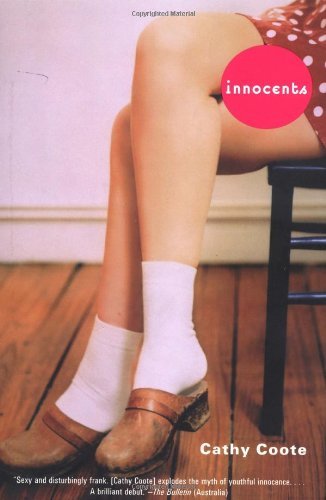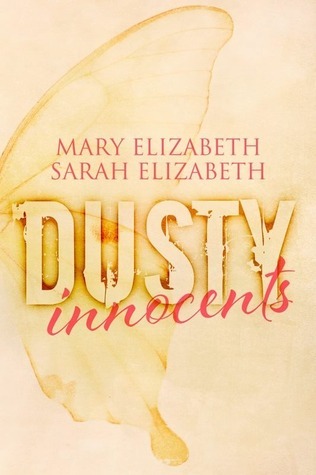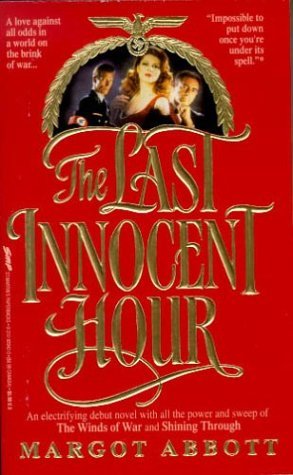
Innocents
Book Description
A chilling secret lurks in the shadows of friendship and guilt, ready to unravel lives. When a group of seemingly innocent friends grapples with their buried past, tensions ignite and loyalties are tested. Relationships fray as whispers of betrayal echo through their lives, bringing heartache and unexpected revelations. Trust becomes a fragile thread as hidden fears and desires claw to the surface. With every twist, the stakes rise higher, propelling them toward a reckoning that none can escape. Will they confront the demons that haunt them, or will innocence prove to be the most dangerous façade of all?
Quick Book Summary
"Innocents" by Cathy Coote is a haunting exploration of adolescent desire, fractured identity, and the deep scars left by secrets. Set against the backdrop of a tightly knit group of friends, the story delves into the dark corners of adolescence, where innocence and culpability blur. As the group’s buried past resurfaces, old tensions intensify and forbidden desires threaten to disrupt their fragile harmony. Guilt and betrayal simmer beneath the surface, gradually eroding trust and affection. The protagonists are forced to reckon with the complex interplay between friendship, sexuality, and morality, confronting truths that challenge their understanding of themselves and each other. With poetic prose and unflinching honesty, Coote deftly peels back layers of denial and pretense, revealing innocence as both protective shield and potential weapon. Ultimately, the friends must face their shame and fears, risking everything to discover whether redemption is possible—or if innocence itself is the deadliest illusion.
Summary of Key Ideas
Table of Contents
The Fragility of Innocence
A close-knit group of teenage friends stands at the center of "Innocents," united by memories of a turbulent past they all try to suppress. Their daily lives—filled with laughter, routine, and adolescent longing—mask unresolved traumas that slowly claw their way into the present. In this insular world, each character clings to remnants of innocence, desperately striving to maintain the image of uncomplicated youth. However, the boundaries between platonic affection and deeper, more dangerous desires have grown porous, and tensions simmer beneath the surface, waiting to explode.
The Burden of Secret Guilt
As whispered secrets and half-revealed truths bubble up, relationships within the group are tested. The line between friend and foe blurs, and latent resentments begin to emerge. Unspoken betrayals and guilt put a strain on old loyalties, particularly as characters struggle to interpret their own ambiguous feelings toward one another. Acts of betrayal, both intentional and accidental, drive an ever-widening wedge, threatening to unravel the fragile sense of unity the friends once shared.
Intertwined Friendship and Desire
Sexual awakening plays a pivotal role in shaping each character’s journey. As desire complicates their interactions, it becomes increasingly difficult to distinguish between genuine affection and manipulative intent. Intimate moments—sometimes sought, sometimes regretted—leave lasting impressions on the group's dynamics. The characters’ exploration of sexuality is fraught with confusion, shame, and longing, clouding their ability to understand themselves and deepening the shadows in their relationships.
The Destructive Nature of Betrayal
Haunted by the consequences of past actions, the group is propelled toward a reckoning. The weight of secret guilt becomes unbearable, forcing each friend to confront their own complicity and the lies they’ve told themselves. This confrontation brings about painful self-awareness as they face the ways innocence can be corrupted or weaponized. The risk of losing one another—emotionally or irreparably—looms large, as does the question of whether some wounds can ever heal.
Confronting the Past for Redemption
Ultimately, "Innocents" is a meditation on the precarious boundary between childhood and adulthood, innocence and culpability. Cathy Coote crafts a story that insists on the human need for forgiveness and understanding, even as her characters grapple with the impossibility of returning to an unspoiled past. The novel’s haunting conclusion forces both characters and readers to question whether innocence offers protection—or if, when taken to extremes, it becomes the greatest danger of all.
Download This Summary
Get a free PDF of this summary instantly — no email required.





